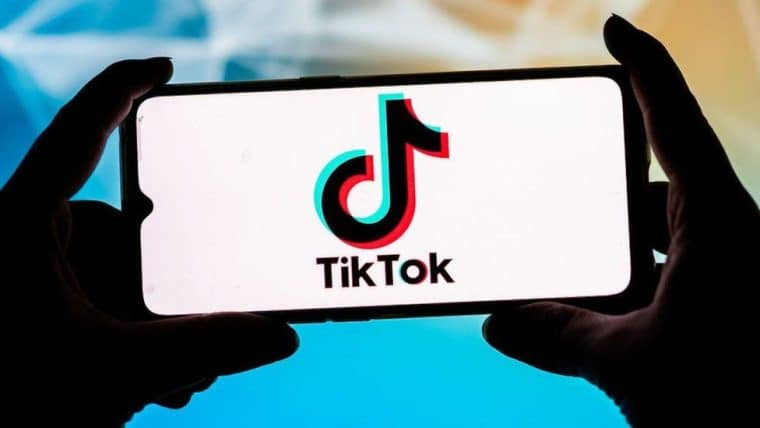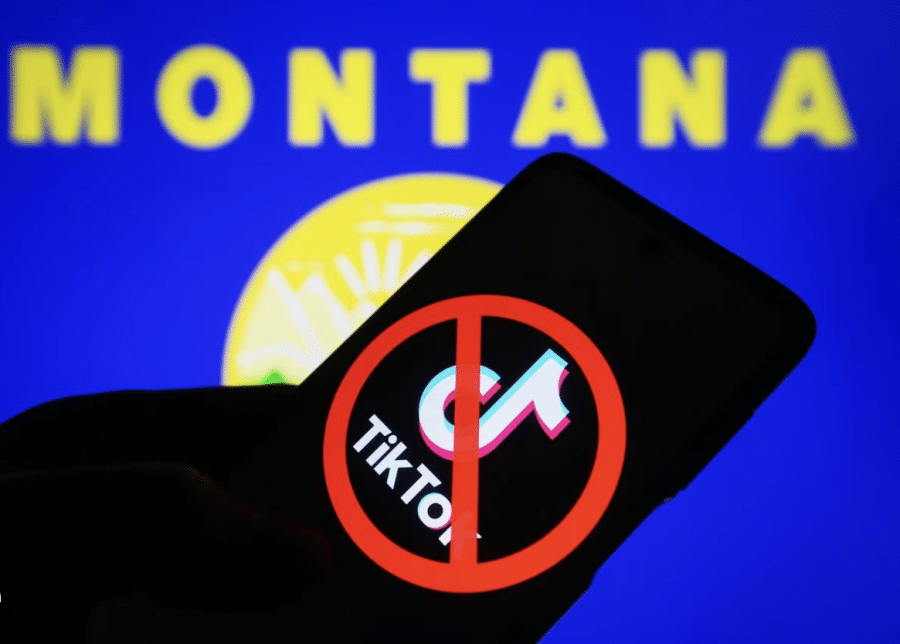
Less than 24 hours after the state of Montana banned TikTok across its territory, Tiktokers have joined forces to challenge the new law citing a violation of their right to speech and the suppression of their source of livelihood.
TikTok Users in Montana Fight the Ban
On Thursday, Republican Governor Greg Gianforte of Montana posted a tweet informing the public that he had directed the state’s Chief Information Officerto ban the social media platform from the state in a bid to protect his people along with their data and privacy.
TikTok is just one app tied to foreign adversaries. Today I directed the state’s Chief Information Officer to ban any application that provides personal information or data to foreign adversaries from the state network. pic.twitter.com/92Im6D9Jgx
— Governor Greg Gianforte (@GovGianforte) May 17, 2023
Gianforte claimed that it is “well documented” that TikTok shares its data with the Chinese government; however, this assertion is unsupported by the information available to the public concerning the app and its workings.
However, a few hours later a group of five TikTok users gathered and sued Montana’s attorney general in an effort to overturn the restriction in hopes of protecting their ability to publish on the app and protecting their online audiences, some of which they claim have taken years to develop.
The TikTok users claimed in a complaint that the bill infringed on their First Amendment rights and that Gov Gianforte’s signing of the ban significantly exceeded Montana’s state legislative power.
The suit, which was filed in the Federal Court of Missoula late Wednesday, May 17, stated:
“Montana has no authority to enact laws advancing what it believes should be the United States’ foreign policy or its national security interests, nor may Montana ban an entire forum for communication based on its perceptions that some speech shared through that forum, though protected by the First Amendment, is dangerous,”
Montana Gets Ready For Legal Warfare

The lawsuit by the content creators, which was made available in public records on Thursday, is the first in what is likely to be a wave of legal battles against Montana.“We expected a legal challenge and are fully prepared to defend the law,” said Emily Flower, spokeswoman for the Montana Department of Justice.
One of the creators retaliating against the restriction is Montana-based TikTok user and self-described “ranch wife,” Carly Goddard. Goddard claimed in an interview with Gizmodo that the app’s revenue had enabled her to put food on the table and care for her two-year-old kid from home.
Goddard, who claims TikTok has helped her increase her family’s income, has about 95,000 followers and claims that the restriction poses a threat to her way of life as a whole and may force her family to resume living paycheck to paycheck.
Goddard added:
“I feel like there are a lot of people that don’t understand this app. Some people think it’s just all about dancing. It’s not. There are young moms like me that just want to be able to stay home and be able to afford groceries and pay their bills.”
The app, which is used by more than 150 million Americans, cannot be downloaded through app stores like Apple’s or Google’s, according to the law, which is anticipated to go into force beginning in January 2024. If downloads were allowed, Apple, Google, and TikTok would each be charged a $10,000 fee per day.
Users of the short video-sharing platform wouldn’t be liable to fines, and they theoretically could still use the app even though they will not be able to download any new updates. This would result in users sideloading the app or hiding their geolocations by using a virtual private network (VPN), but those additional technical steps would probably cause some users to leave the app altogether.
As of the time of writing, leading civil liberties organizations and TikTok itself have not made any announcements regarding legal actions.
After the statute was signed, however, Brooke Oberwetter, a spokeswoman for TikTok, claimed that the restriction violated the First Amendment rights of Montanans and that her organization would continue “working to defend the rights of our users.”
Oberwetter claimed on Thursday that Montana lacked a practical plan for enacting the ban and that even a federal ban in 2020 would not hold up to legal scrutiny.